
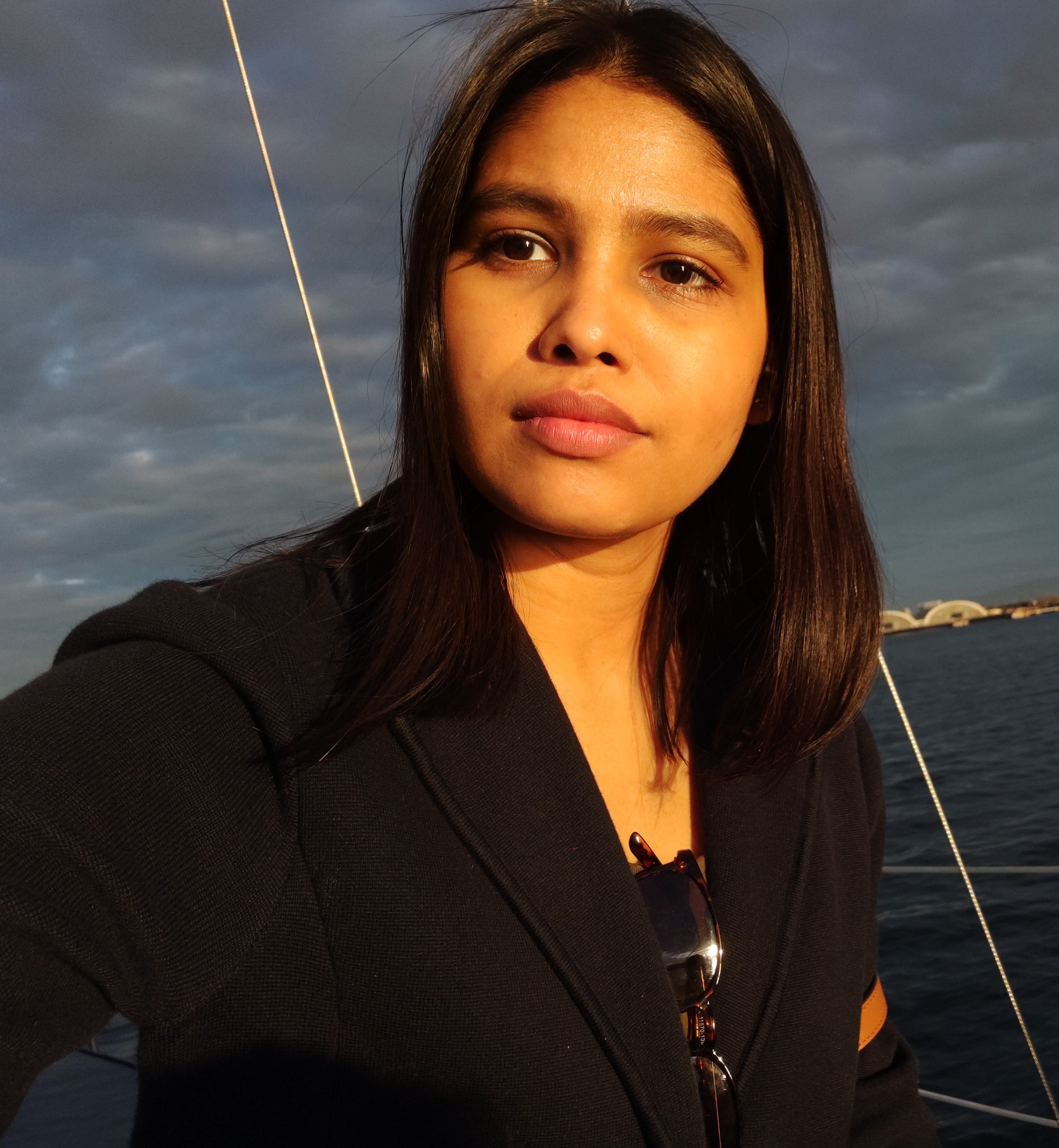
India, the most polluted country on the planet, is becoming a hub for global investment in cleantechnologies in the wake of managing its proliferating air pollution crisis. Twenty one out of the world’s 30 most polluted cities are located in the country (IQAir 2019) with New Delhi, topping the charts with an average air quality index of 500-400. This dissertation project explores how through emergent vistas of green finance, atmospheric engineering and speculative design, urban geographies and their ‘toxic’ air-spheres have been transformed into ‘experimental ecologies’ and what new visions of economic growth and environmental management are being produced in this process. Located at the intersection of global capital flows, technoscientific speculation and discourses of environmentalism, these future oriented world-making projects of inhabiting polluted environments signal economic and ecological futurities that were previously unthought in the Indian context. In light of this, the ways of understanding what air pollution means and how one lives in polluted urban environments is increasingly becoming a matter of technoscientific mediation refracted through networks of the emergent clean-tech industry that go beyond state centered models of control and management. By following the dynamic interrelationships between clean-tech capitalists, R&D scientists and green finance, it is these logics of ‘clean’-technoscientific capitalism, nationalist aspirations of sustainable development and imaginaries of habitable environmentalisms that this project aims to understand and examine.
Biography:
Ashima Mittal is a third-year PhD student in Sociocultural Anthropology. Her dissertation project explores the rise and logic of ‘clean’ technoscientific capital in India in the wake of managing its air pollution crisis. She holds a M.Phil and Masters degree in Sociology from the University of Delhi, India, and an undergraduate degree English Literature from the University of Delhi. Her research interests include contemporary formations of technoscientific capitalism and imperialism, emergent forms of ecopolitics and imaginaries of habitable futures.

Archaeology and historians have focused intently on global and national impacts of the transatlantic slave trade, yielding invaluable contributions on its large scale consequences. My research aims to complement this work by focusing closely on how the trade shaped the lives of the Africans and Europeans laborers who worked within the harbors of Dakar. Although historians have studied these African, Europeans, and Eurafricans through archival research, little archaeological work has been done to study how they interacted with the harbor space. Harbor spaces were neither completely African nor European, nor are they completely terrestrial or entirely submerged. The workers and inhabitants, called laptots and gourmettes by the French, knew how to maneuver between both of these binaries, and were shaped by their existence in this in-between area. Drawing on underwater remote sensing and archaeological techniques, my work aims to illuminate the maritime infrastructure of this harbor space that impacted these workers, my dissertation work will bring an archaeological focus to the liminal space of the harbor, revealing the complex interaction between ship, shore, and sailor often left unspoken in the archives.
Biography:
Kelsey Rooney is a Ph.D. student at the University of Chicago, currently researching how the Atlantic trade – specifically the slave trade – shaped the lives of the Africans and Europeans who worked within the harbors of Dakar. She holds an M.S. in Maritime Archaeology & Conservation from Texas A&M University, and has been scuba diving since being certified in cold Massachusetts waters in 2010. Since then, she has worked on underwater projects in Cyprus, the Bahamas, and Lake Champlain, Vermont. She is in the process of completing her NAUI Divemaster certification, diving locally in the Lake Michigan waters off Chicago.
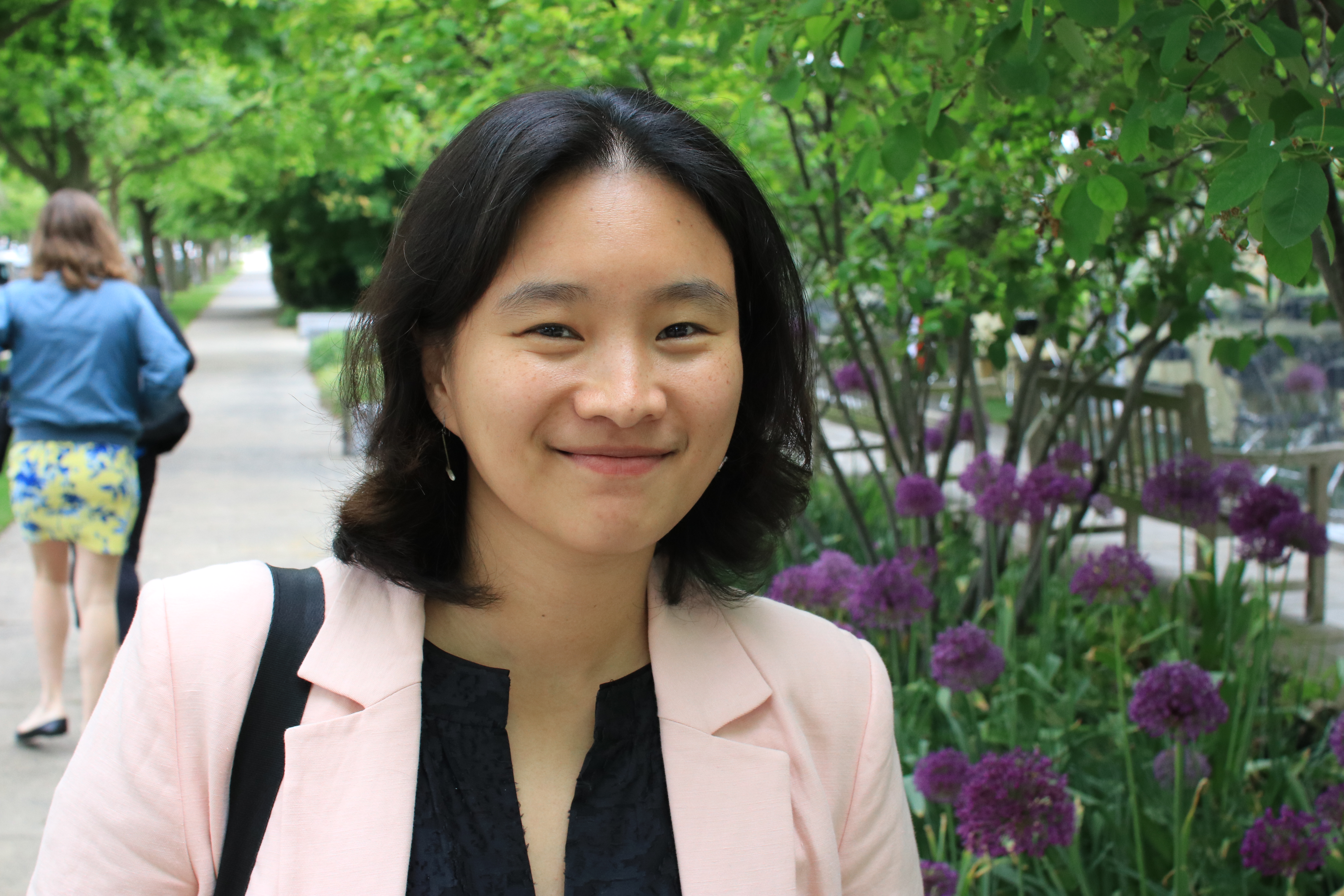
This project examines how fatwa is positioned as public aid through bureaucratic practices and logics in contemporary Turkish society, and how the secular regime is negotiated and narrated through the bureaucratic engineering of religious practices. In contemporary Turkey, a bureau called the Directorate of Religious Affairs (Diyanet İşleri Başkanlığı) exerts exclusive power to publish fatwas, a genre of Islamic advice, to its subjects. This project focuses on the historical expansion of the Directorate and the fatwa service as its core function. Based on historical documents that show the expansion of the Directorate since the 1940s, I study how the boundaries between the “social” and the “religious” are renegotiated through the spatial arrangement of public fatwa service. I ask how the expansion has justified the bureaucratic intervention of the secular state in particular domains of life in previously unavailable ways. In my ethnographic research, I examine the bureaucratized state fatwa practices offered in three types of “social” spaces since 2010: the family guidance bureau, women’s shelters, and the online fatwa database. Observing to what extent the everyday fatwa practices, which guide individuals on how to act as a good Muslim under various difficult circumstances, are supervised and managed by the central bureau, I inquire the social implications of fatwa when it is mediated by a bureau under an ostensibly secular state.
Biography:
Myungji Lee is a PhD student in the Department of Anthropology at the University of Chicago. Growing up in South Korea, she earned her B.A. in anthropology and history from Seoul National University and a M.A. in anthropology from the University of Chicago. Her research interests include Islam, state bureaucracy, authority, secularism in Turkey.
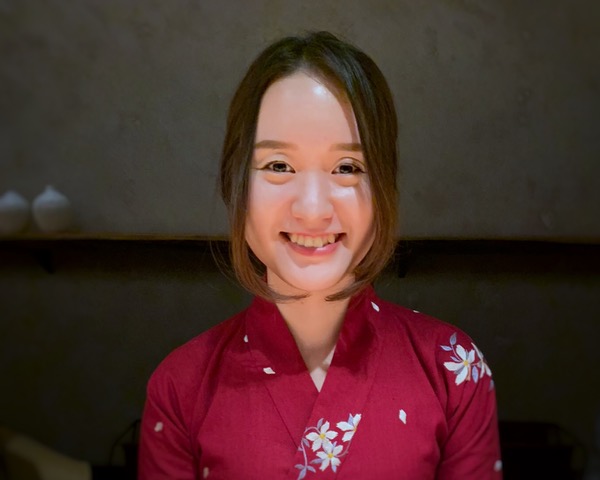
This project examines how the ethnic groups of southwest China produce “indigenous knowledge” through practicing “fieldwork.” Since the rising awareness of the global environmental crisis, the “indigenous knowledges” of autochthonous communities have been recast as traditional cultural repositories of value developed over time to sustainably cope with the communities' ecological surroundings, and therefore as fundamental objects of ecological conservation. It is at this intersection between the discourses of "culture" and "ecology" that the practice of documenting cultural knowledge through conducting fieldwork became a national hobby among the ethnic minorities of southwest China, the country's most culturally and ecologically diverse region. Often promoted by conservation NGOs and governmental conservation efforts, the practitioners of “fieldwork” narrate how they realized the value of their traditional cultures as elaborate systems of ecological conservation through conducting fieldwork at home. I propose an ethnographic study of the people’s fieldwork practices and their relationship to the use of field-scientific knowledge in conservation NGOs. I further trace the intimacy between conservation and field-sciences to southwest China’s history of being the iconic field-site of field-scientific research since the 19th century. Ultimately, I aim to understand the process through which “fieldwork” proliferate across a society through global conservation movement.
Biography:
Jiyea Hong is a PhD student in the Department of Anthropology. Her research focuses on the dissemination of fieldwork practice and epistemology, and the work of global conservation movement in such dissemination, in southwest China. She previously obtained an MA in the Social Sciences from the University of Chicago, an MA in Sociology from Peking University, China, and a BA in Sociology and Cultural Studies from Ewha Womans University, South Korea. She has carried out an ethnographic fieldwork in southwest China since 2011.
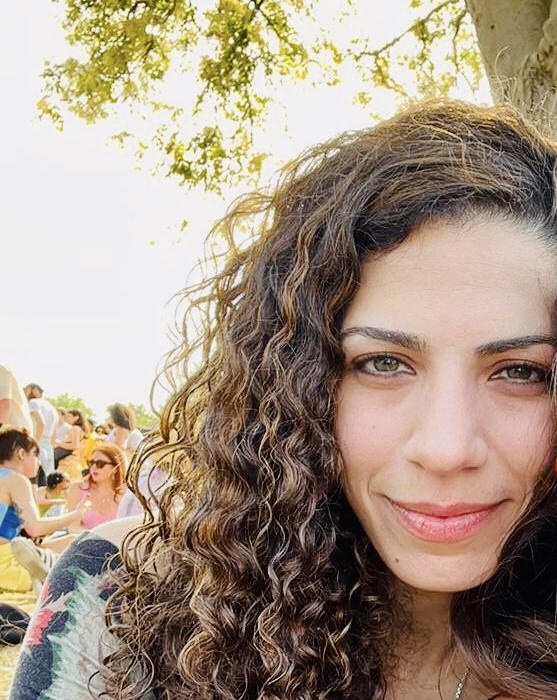
Hadeel Badarni's project “Ecologies of Settler-Colonial Know-How: Israel’s Mode of Environmental Apprehension,” combines ethnographic and archival methods to theorize Israeli settler colonialism through the interface of Israel’s military and agro-industrial technoscience. It studies the modes through which Israel strives to apprehend the high-tech geographies it claims to subsume and make bloom in historic Palestine.
Tracing contemporary and earlier projects of Israel’s weapons-agricultural technoscience alongside the terraforming thrust of its colonial expansion, Badarni's project elaborates on the geopolitical conditions and psychosocial dispositions under which Israel designs, tests, and weaponizes its ever-refinable means of destruction to expand and resettle its alienness environmentally. Drawing on 15 months of fieldwork in Palestine, she asks: what does an ecology-making enterprise entail in so far as it apprehends the natural and social world militarily? How have lineages of modern scientific knowability and thresholds of “proven effectiveness” shaped Israel’s environmental know-how? And what is at stake when the entire settler-colony is terrorized and territorialized into experimental reservoirs for technoscientific efforts to remodel what ‘world ecology’ is and can be?
Biography:
Hadeel Badarni is a PhD candidate in the department of Anthropology at the University of Chicago. Working across environmental anthropology, Science and Technology Studies, political economy, and anti-colonial thought, her research explores the settler-colonial condition through its environmental and technoscientific modalities. Her ethnographic work was supported by the Wenner-Gren Foundation, Pozen Center for Human Rights, Leiffer Research Fellowship, Palestinian American Research Center, and the Lloyd and Susanne Rudolph Field Research Award. Badarni has instructed courses in anthropology and social theory.
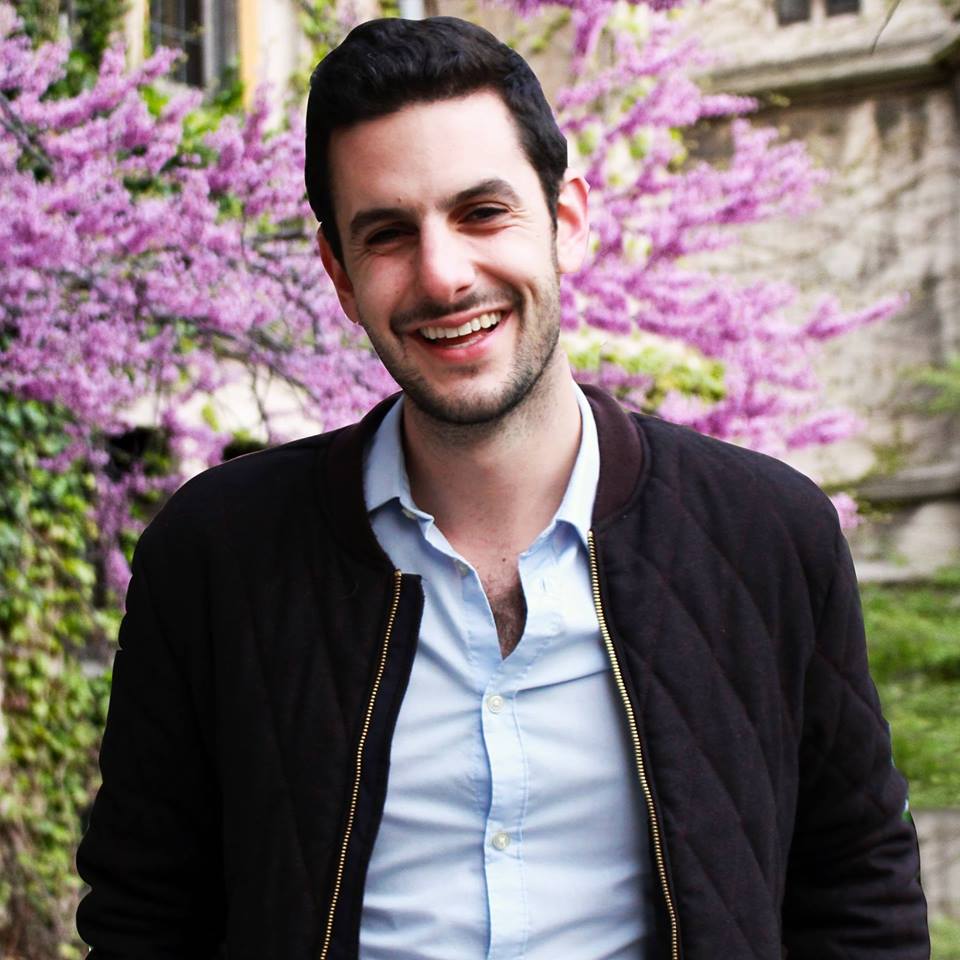
Biography:
Steven Schwartz is PhD Student in the Department of Anthropology at the University of Chicago. His research interests include energy, political ecology, development, value and indigeneity in Latin America. He was born and raised in Venezuela, where he completed a BA at the Universidad Central de Venezuela in Caracas. He has carried out ethnographic fieldwork in Venezuela and Colombia since 2011.
Project:
My project explores how indigenous Wayúu communities and transnational energy corporations experience the transition from fossil fuels to wind farming in the Guajira—an arid, resource-rich, yet severely impoverished region along Colombia’s Caribbean coast. My research asks how the development of wind farms is transforming the everyday lives of indigenous and corporate actors; what promises and risks this transition entails for indigenous peoples and extractive companies; and how notions of Wayúu identity and corporate forms of social relations are being rearranged and re-evaluated. To do so, I plan to undertake 12 months of ethnographic field research, observing existent and projected wind parks and interacting with members of Wayúu communities, employees of energy corporations, and local activists protesting the expansion wind power in the Guajira. By studying the limits and possibilities afforded by wind power infrastructure, I seek to gain a deeper understanding of the social, economic, and political dimensions of renewable energy in the Global South.
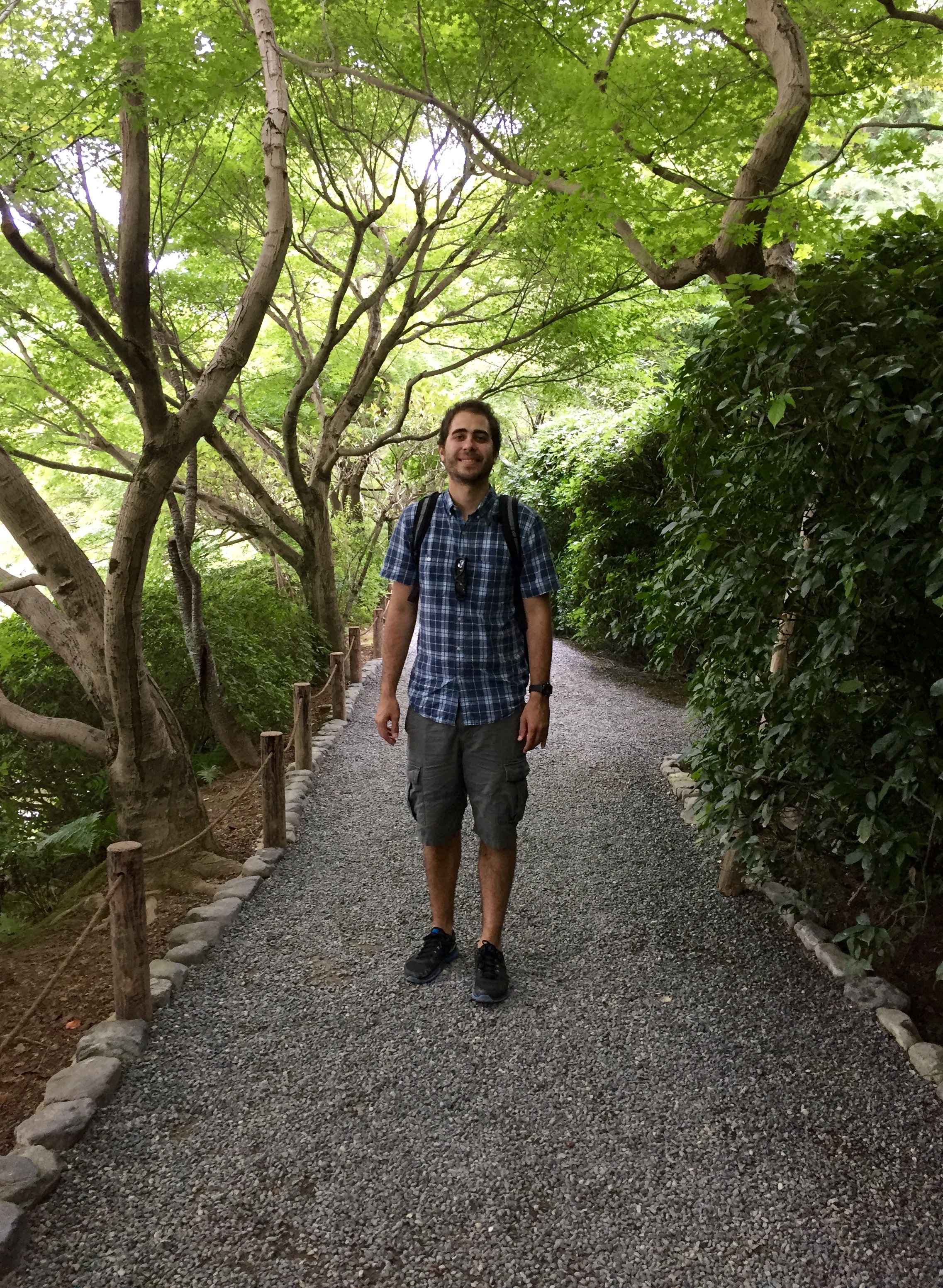
My project explores how indigenous Wayúu communities and transnational energy corporations experience the transition from fossil fuels to wind farming in the Guajira—an arid, resource-rich, yet severely impoverished region along Colombia’s Caribbean coast. My research asks how the development of wind farms is transforming the everyday lives of indigenous and corporate actors; what promises and risks this transition entails for indigenous peoples and extractive companies; and how notions of Wayúu identity and corporate forms of social relations are being rearranged and re-evaluated. To do so, I plan to undertake 12 months of ethnographic field research, observing existent and projected wind parks and interacting with members of Wayúu communities, employees of energy corporations, and local activists protesting the expansion wind power in the Guajira. By studying the limits and possibilities afforded by wind power infrastructure, I seek to gain a deeper understanding of the social, economic, and political dimensions of renewable energy in the Global South.
Biography:
Steven Schwartz is PhD Student in the Department of Anthropology at the University of Chicago. His research interests include energy, political ecology, development, value and indigeneity in Latin America. He was born and raised in Venezuela, where he completed a BA at the Universidad Central de Venezuela in Caracas. He has carried out ethnographic fieldwork in Venezuela and Colombia since 2011.
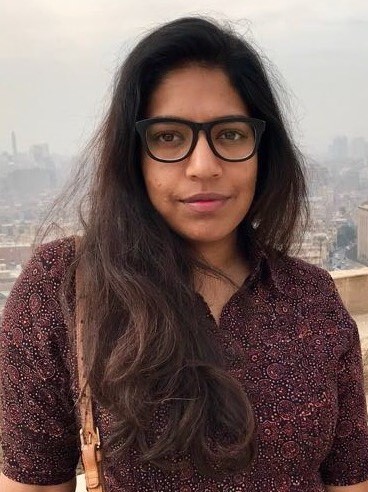
Dissertation: Formations of Tamil Islam: Negotiations and Contestations in Contemporary South India
My dissertation examines the practices through which Muslims in the South Indian state of Tamil Nadu cultivate and sustain attachments to multiple traditions, histories, and places. Continued attempts by the Indian state to regulate Muslim religiosity has obscured the everyday ways in which Tamil Muslims constitute Muslim subjectivity and modalities of belonging that exceed the essentializing categories of nationalist discourse. Based on 18 months of ethnographic research among mosques, shrines, pilgrimage centers and Islamic organizations in Tamil Nadu, I argue that “Tamil Islam” is at once deeply embedded in the cultural landscape of Tamil Nadu and mediated by histories and geographies that extend beyond the region. I pay particular attention to the contestations among Tamil Muslims about ‘correct’ Islamic practice vis-à-vis long-standing forms of religiosity that are coded as both Islamic and Tamil. I suggest that an understanding of “Tamil Islam” depends not only on the explicit arguments—active debates, public speeches, and religious discourses—that seek to define it, but also on heterogeneous, everyday embodied practices of devotion and care. Ultimately my research throws into relief different ethical possibilities of imagining Muslim religiosity and belonging that are not limited by either political discourse or the geographical boundaries of Tamil Nadu and the Indian nation-state.
Recent Research / Recent Publications
My dissertation investigates how Muslims in Tamil Nadu, India, negotiate challenges to long-standing devotional practices. Historically, shrine spaces, typically associated with Sufi practices, have occupied a dominant space in the Tamil Muslim landscape and imaginary. However, in recent decades, the influence of particular kinds of Islamic thought, often understood as orthodox and rigid, are viewed as a new and worrying trend by certain sections of the Muslim community, secular elites, and government investigation agencies. Routine explanations of such a trend—as an aberration or a turn to orthodoxy in reaction to a Hindu majoritarian government and its policies—tend to obscure the ways in which certain forms of Islamic orthodoxy are constituted as a threat, and what and whom they are seen to be threatening. This research project examines the conditions of contemporary Tamil society in which particular affects and anxieties about new forms of religiosity and authority and are generated. My study will ethnographically explore how competing understandings and approaches to questions of Tamil Muslimness and ‘correct’ Islamic practice are shaping everyday social interactions among Muslims in Tamil Nadu.
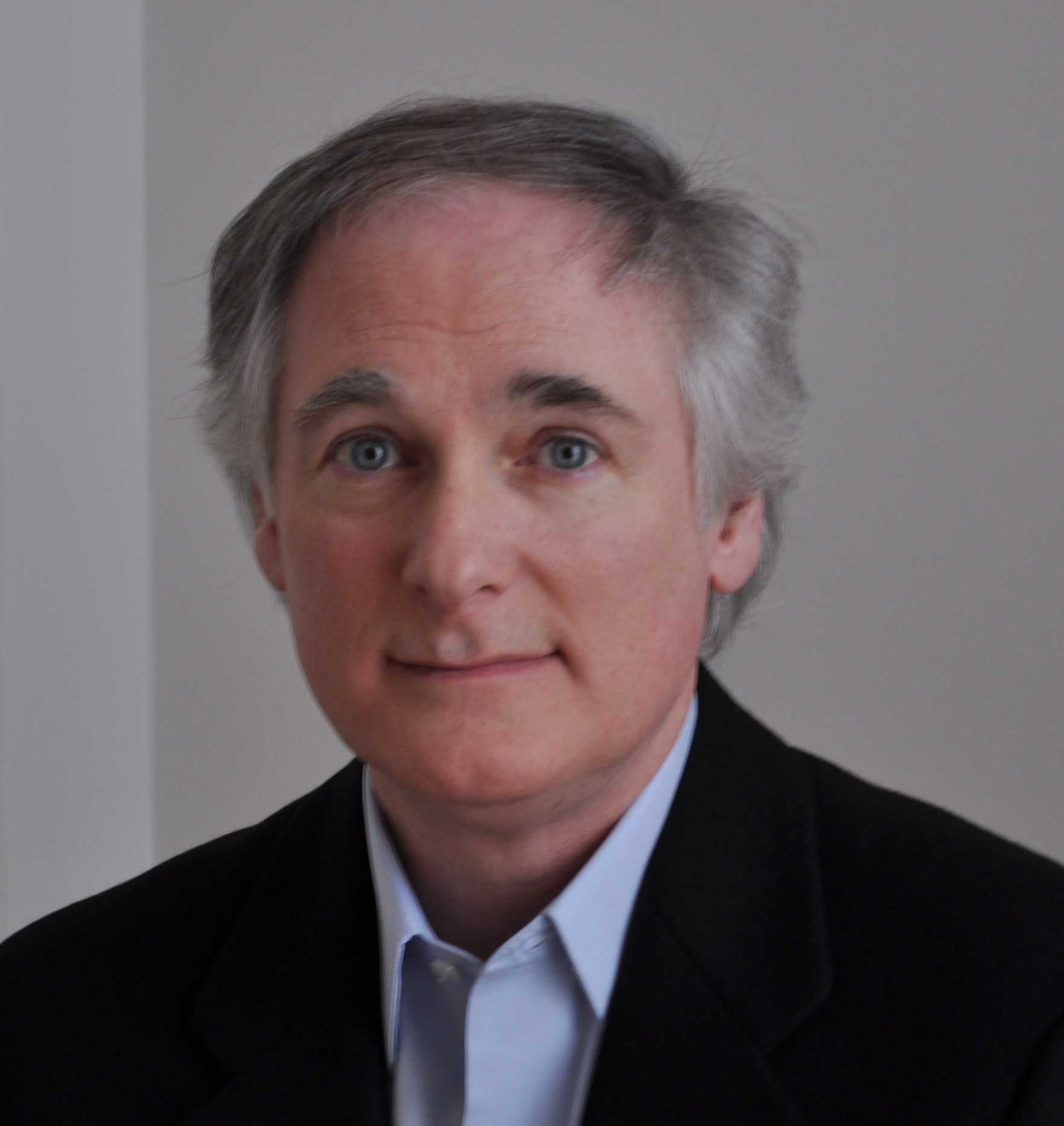
Negotiating Identities, Constructing Territories: Pre-Roman Iberia, 900-200 BCE
From the ninth century BCE the long coasts and fertile valleys of Iberia were tapped by Phoenician and Greek merchants and settlers coming from the eastern Mediterranean. An extended international network was slowly created, which also attracted the participation of Etruscans, Sardinians, Cypriots, and others. Iberia is a perfect laboratory for the study of these economic, cultural, and environmental horizons before the Mediterranean was politically connected under Rome. The ongoing interrogation of how these diverse groups first knitted an interconnected space is key to understanding the later Mediterranean of Classical and Roman periods in its true cultural depth. In 2003 Dietler and C. López-Ruiz organized a conference on this very topic at the UChicago, which resulted in the edited volume Colonial Encounters in Ancient Iberia: Greek, Phoenician, and Indigenous Relations (2009). Following two decades of intensive research stimulated in part by the questions raised at that conference, some of the same and additional experts in the key areas will meet in Chicago and be part of a new curated volume. Shifting the focus from colonial dynamics to the negotiation and construction of identities and territories, as well as new understanding of past environmental challenges, this project will bring novel data and perspectives to an international audience.
Biography
Michael Dietler is Professor of Anthropology at the University of Chicago, where he has been teaching since 1995. He received his PhD from the University of California, Berkeley, in 1990 and his BA from Stanford University in 1974. He taught at Yale University from 1990 to 1995. He conducts archaeological research in Europe, and ethnographic and historical research in Africa, Europe, and the US, frequently in collaboration with his wife, Ingrid Herbich. His research focuses on the comparative study of colonialism in the ancient Mediterranean and elsewhere, material culture theory (including food and alcohol), modern Celtic identities and imaginaries, ethnomusicology, and the history and politics of archaeology. He has been a research fellow at the Paris Institute for Advanced Studies (France), the Center for Advanced Study in the Behavioral Sciences at Stanford, and the School for Advanced Research (Santa Fe). He has also been a visiting professor at the École des Hautes Études en Sciences Sociales and at the University of Paris I (Sorbonne-Panthéon), a research associate of the CNRS Unit 154 at Montpellier-Lattes (France), and Director of the University of Chicago's Paris Center.